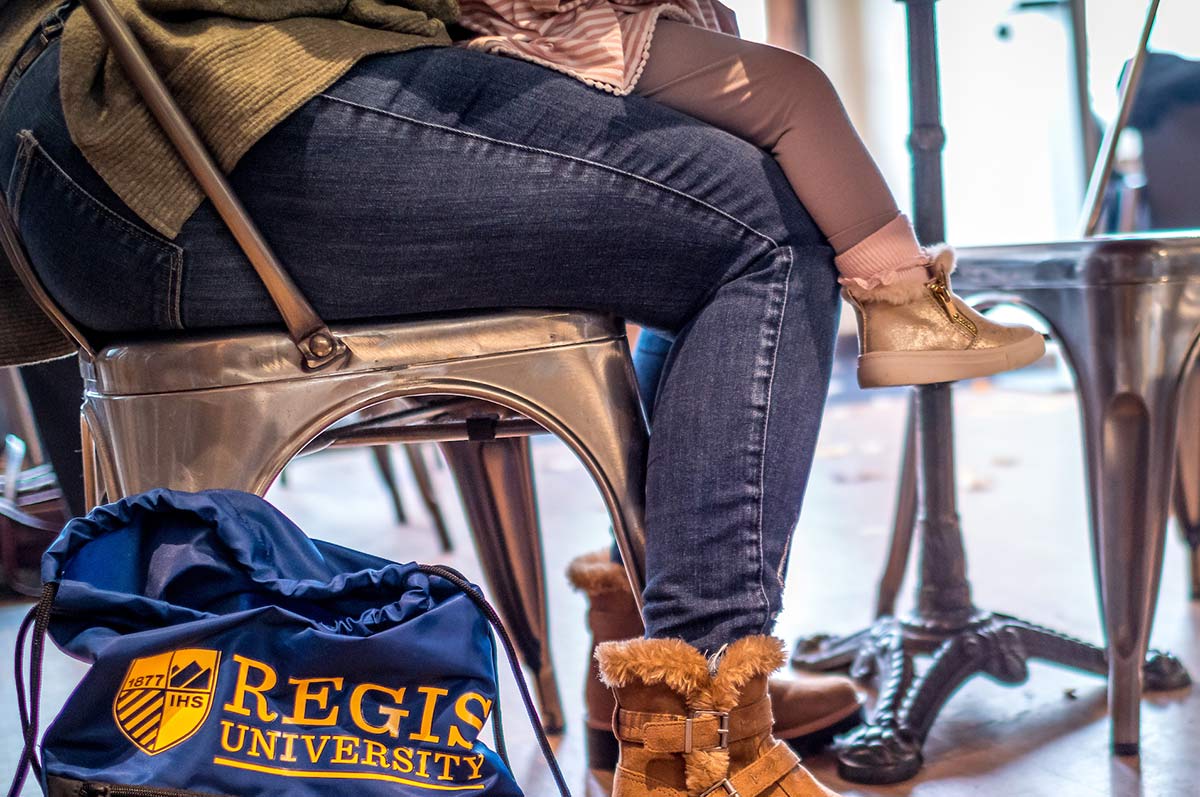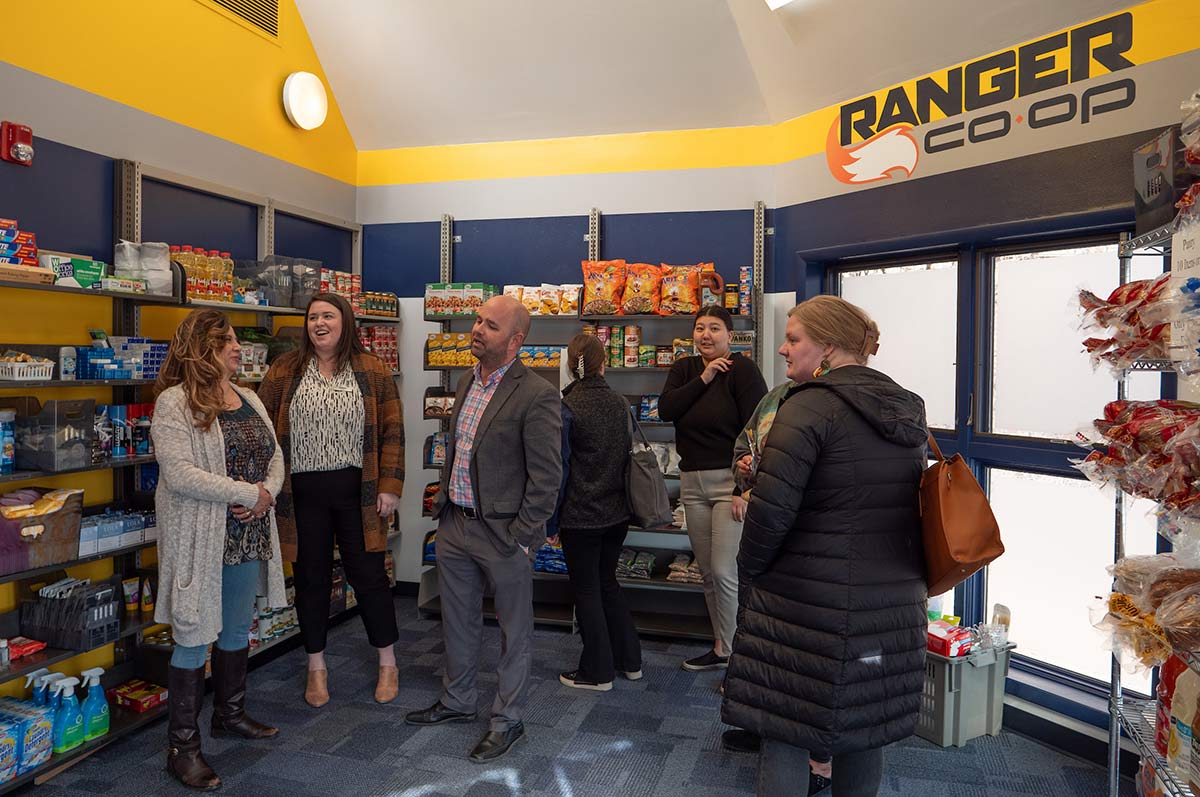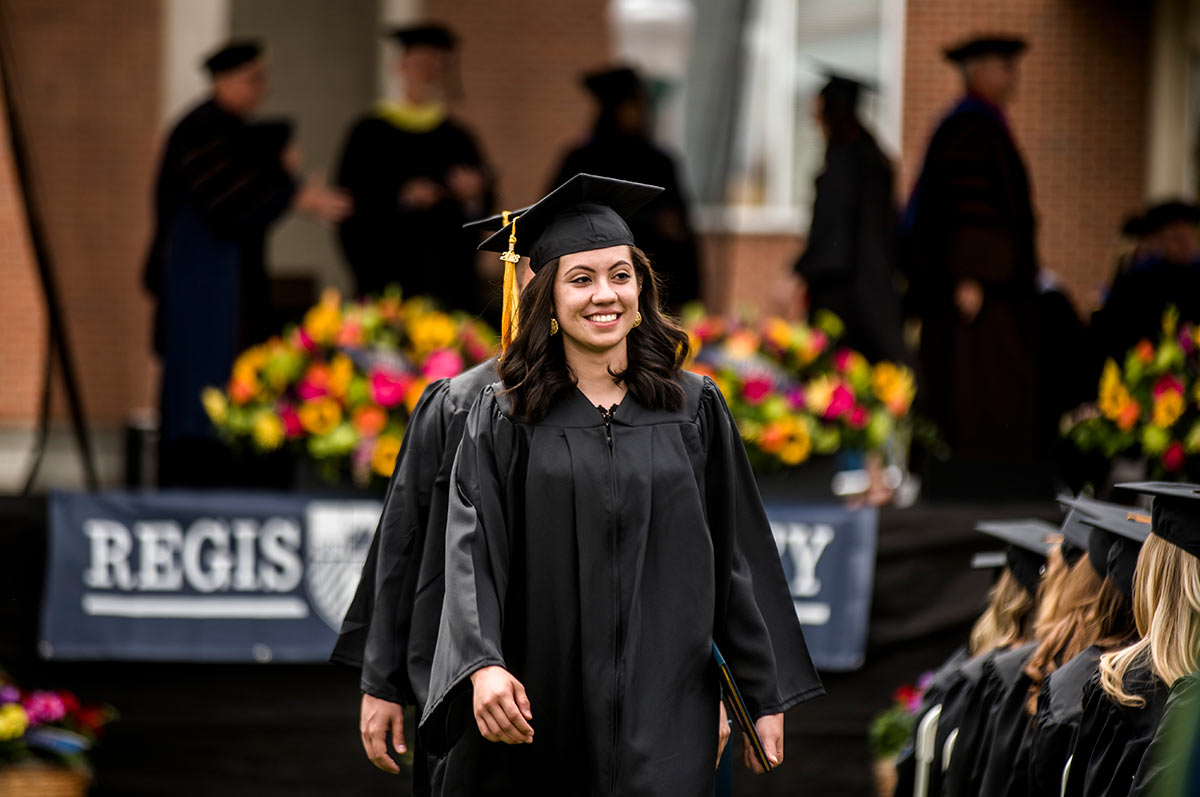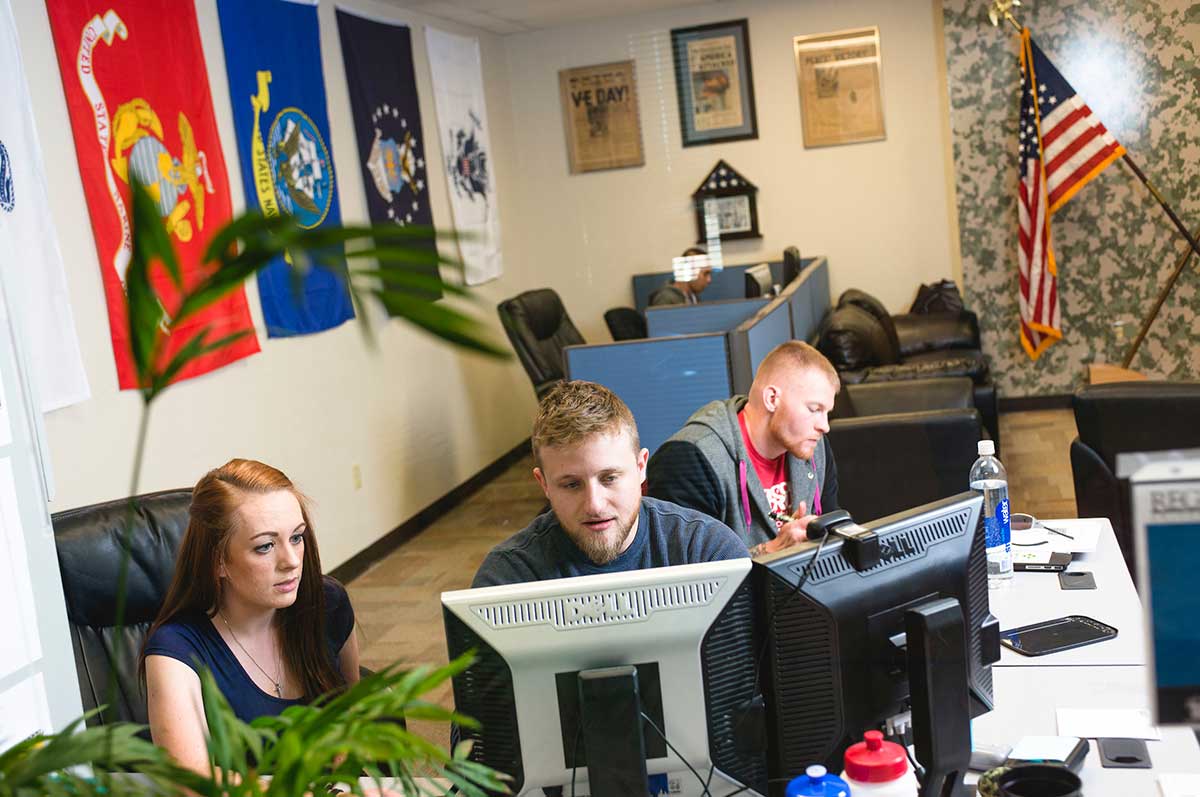What is philanthropy and how does it benefit me?
Sometimes, the smallest acts can have the biggest effects.
Be it walking in a protest march, standing up to a bully, volunteering at a local food bank or giving $5 to support a cause you care about. While you might not see the immediate effects of your actions, they undoubtably have ripple effects. (Ever heard of the butterfly effect?)
What does this have to do with philanthropy? It’s practically the definition: Philanthropy is the desire to promote the welfare of others, typically through financial donations or service.
Giving and volunteering helps recipients and philanthropists alike. Being philanthropic develops empathy and broadens our perspectives of the world. It can provide a sense of purpose or meaning and often increases a person’s happiness and sense of optimism. In fact, two Notre Dame social scientists published work proving that “the more generous Americans are, the more happiness, health, and purpose in life they enjoy.”
If you want to lift yourself up, lift up someone else.
— Booker T. Washington
Sometimes, people think we give a lot to receive these benefits, but small gifts collectively make a large impact. For example, at Regis University in Denver, under $250 added up to more than $208,000 in funding in 2019 - it was enough to fund sizable financial aid awards for six students.
Tips and tricks for the beginner philanthropist
-
- Consider giving a monthly gift. Let’s face it, many of us are not in a financial position to give as generously as we may wish. If you're concerned that your small, one time gift won't have much impact, consider giving $5 a month to the nonprofit of your choice. Giving monthly enables donors to stretch their giving and do more for a cause they care about – while keeping their bank account in the green.
- Write a personal mission statement. There are thousands of nonprofits out there. Writing a mission statement that includes the types of causes you are passionate about or wish to support will help you focus on the issues that are most important to you. It may also help you feel comfortable saying “no” to worthy causes that don’t align with your priorities.
- Research how your favorite nonprofits operate. Websites such charitynavigator.org or givewell.org can be a good starting point in your research, but don’t stop there. A little research on a nonprofit’s website, a quick email to an organization, or a close examination of the nonprofit’s tax form 990 or its impact report can help you feel good about your gift and how your money is being used.
- Involve your family and friends. Just as volunteering together can be a great way to bond while helping others, so can giving. Starting a tradition of giving or discovering causes your family cares about together is a great way to celebrate the holidays.
- Let yourself brag a little. Giving to help and support others helps you achieve a greater sense of personal satisfaction and growth, it feels good to be a part of something bigger. And you should feel good about it! Share your cause of choice on social media, let it be a conversation starter at your next networking event or even brag about it at the Thanksgiving table. You never know when your act will inspire action by another.
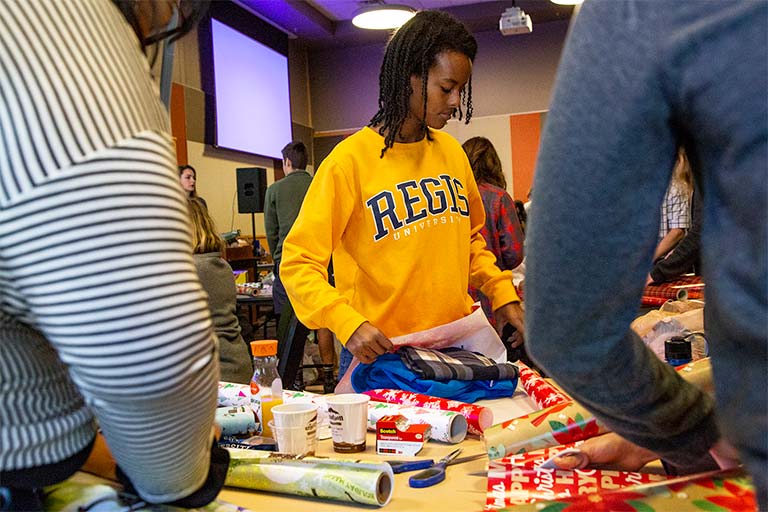
At the annual Regis University Service Society Wrap Party - students, alumni, faculty and staff all join forces to bring Christmas joy to those in need in our community.
Why we care: An example of philanthropy at work
Regis University was founded on the generosity of others. A tradition of giving from alumni, faculty, staff and friends provides scholarships for Regis students. This enables many students to play a cherished sport or pursue their higher education goals.
Philanthropy also is embedded in the Regis Jesuit curriculum. A key value for this University is to be women and men for and with others. This leads Regis students, staff and faculty to pursue acts of kindness both small and large, both immediate and sustained. For example,students in the Rueckert-Hartman College for Health Professions engage in community service-learning projects, including by serving the homeless community in Denver. Many of Regis’ undergraduate students pursue volunteer opportunities with local nonprofits throughout the school year. In fact, during the 2018-19 academic year, Regis students completed 63,312 service-learning hours.
Students are encouraged to make a small contribution to an area of the University they feel passionately about, whether that be an academic or Athletic program, the Ranger Co-Op, which supports food-insecure students, or the University’s Veteran Services, which is active on campus.
Take the first step
It is encouraging to see so many people giving financially and doing acts of kindness for others. The U.S. Department of the Treasury reports Americans contributed a record $450 billion to nonprofits and charities in 2019, a gain that was driven by a surge in individual – not corporate – giving.
Where to start? Consider some of these small ways to make a big impact:
Give by shopping: Did you know you can support your favorite nonprofit or cause by shopping? When you buy on Amazon, be sure to visit smile.amazon.com and Amazon will donate a portion of the proceeds.
Involve the children: Colorado’s own Community First Foundation has created an entire toolkit including games and quizzes to educate elementary and middle-school students about giving and supporting others. Check out the toolkit and browse local nonprofits.
Rangers crowdfund: Show your Ranger spirit and support an area of the Regis experience that you care about. Browse and read up on all the ways your gift could impact the Regis community, including by supporting the Porter-Billups Leadership Academy and the Student Emergency Fund.
